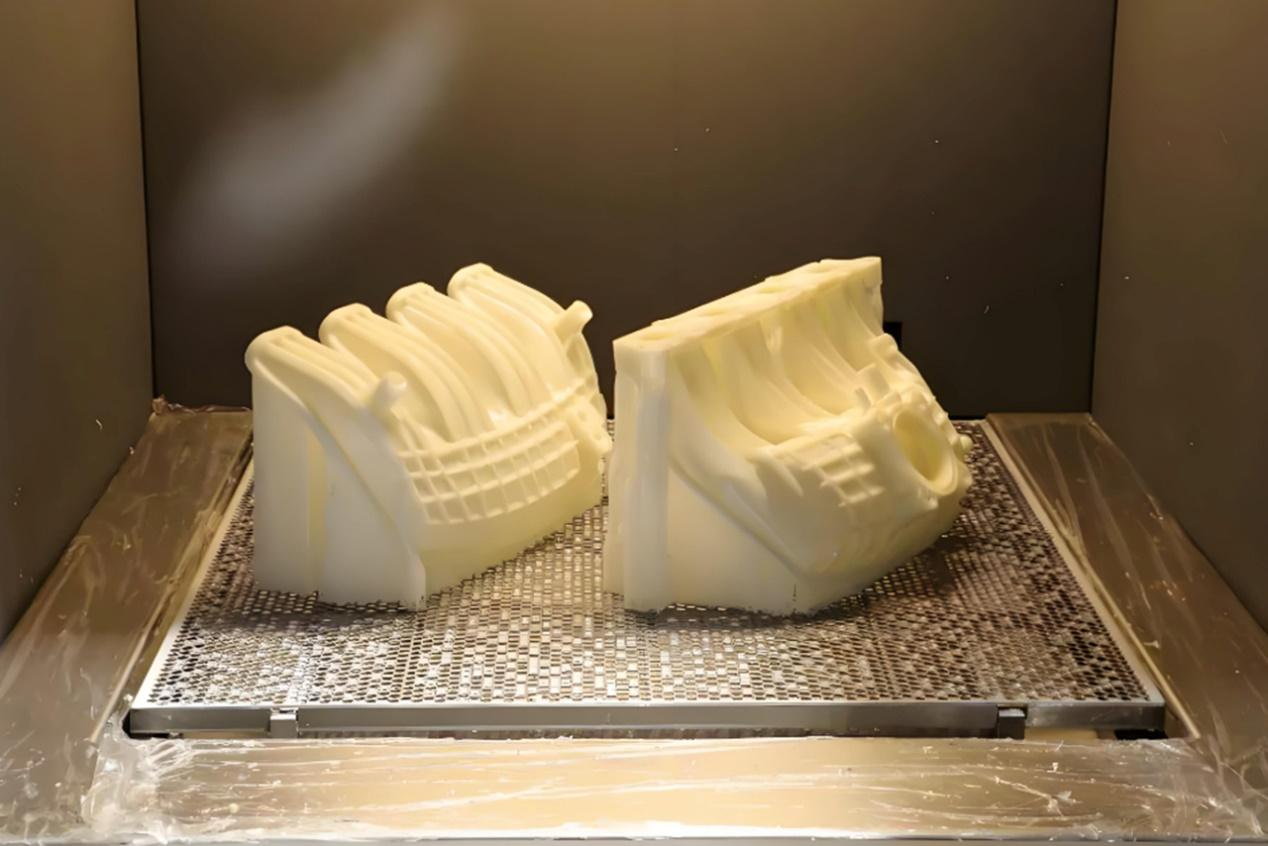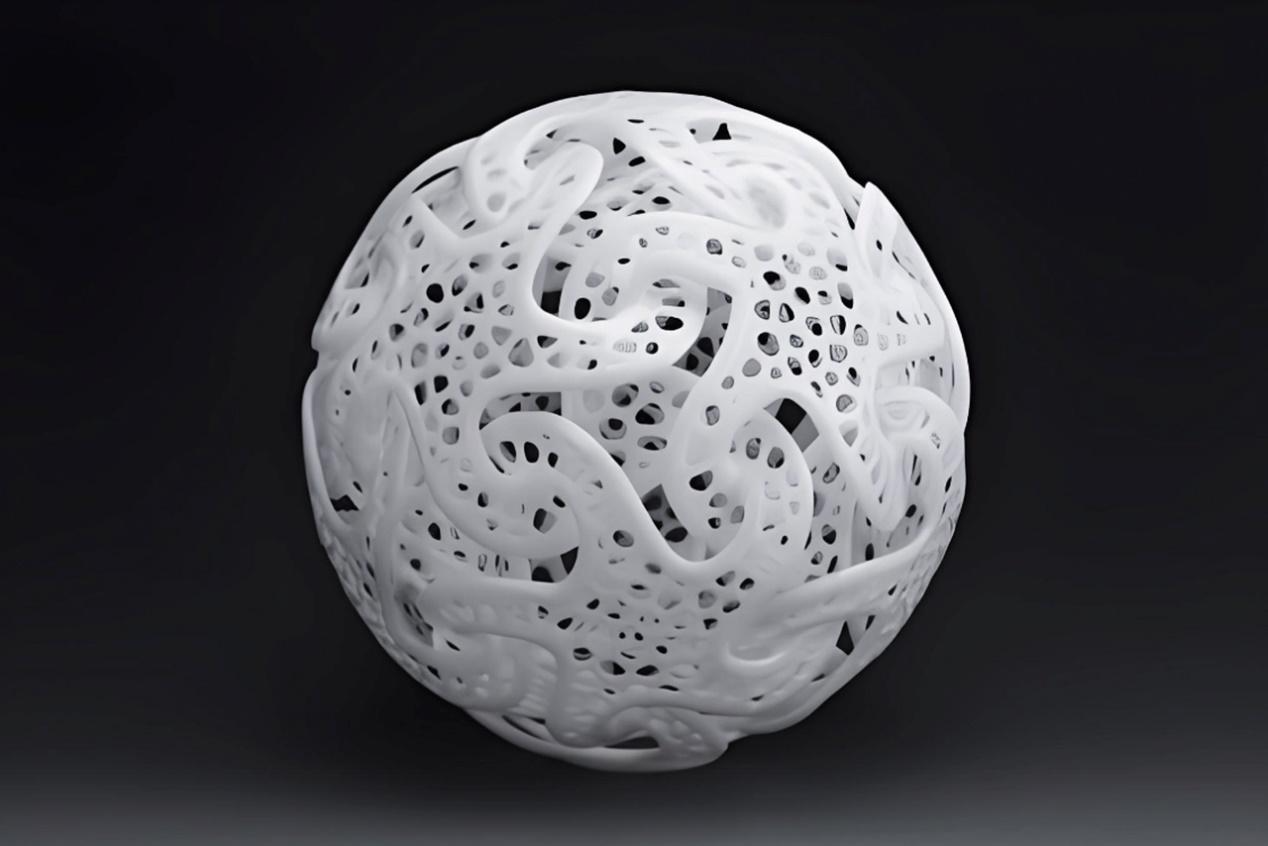Polystyrene is one of the most widely used plastics in manufacturing today. Known for its versatility, this thermoplastic polymer is employed across various industries, including packaging, automotive, medical, and consumer goods. Its most prominent forms—rigid, foam, and film—make it suitable for everything from food packaging to electronics protection and even insulation materials. In recent years, the rise of 3D printing and plastic injection molding has further expanded polystyrene's role in custom part manufacturing. Here, we will explore the advantages and challenges of using polystyrene for custom parts, focusing on its molding capabilities and diverse applications.

What Is Polystyrene?
Polystyrene is a polymer made from repeating styrene molecules. It is a thermoplastic material, meaning it softens when heated and can be reused, making it highly adaptable in various manufacturing processes. Polystyrene can be molded into solid, foam, or film forms, each offering unique properties suited for different applications. Solid polystyrene is transparent, rigid, and moderately strong in its unmodified state. It is known for its brittleness, but its properties can be enhanced through co-polymerization with other materials, such as rubber or methyl methacrylate, to improve impact resistance and other mechanical properties.
The material is commonly used in injection molding due to its low shrinkage rate, ease of molding, and ability to capture intricate design details with high precision. As a result, polystyrene is a top choice for custom parts manufacturing, particularly when high-dimensional accuracy is required.
Applications of Polystyrene in Custom Part Manufacturing
Polystyrene is a workhorse material for a wide range of industries. The ability to produce custom parts with specific designs makes polystyrene an invaluable resource in sectors ranging from medical devices to automotive components. Let’s look at some of the key applications:
- Packaging: Polystyrene is widely used for food and product packaging, particularly in foam form, known as Expanded Polystyrene (EPS). Its insulating properties make it ideal for protecting fragile items during shipping and providing thermal insulation for food containers. Custom packaging solutions can be produced efficiently using polystyrene, catering to specific product shapes and sizes.
- Medical Devices: In the medical field, polystyrene's transparency and rigidity make it a popular choice for producing items like test tubes, Petri dishes, and diagnostic components. Additionally, it can be easily sterilized using gamma radiation or other methods. Custom parts in medical manufacturing often require precise dimensions and high clarity, and polystyrene delivers both.
- Automotive Parts: Polystyrene is used in the automotive sector for producing lightweight, rigid components. It is often used for protective casings, housings, and smaller interior parts. Polystyrene's foam form is particularly beneficial for making lightweight structures, such as child safety seats, without compromising on strength or durability.
- Consumer Goods: Toys, kitchen products, and disposable items like cups and plates often incorporate polystyrene due to its cost-effectiveness and ability to be easily molded into complex shapes. Custom consumer goods can be produced in high volumes using polystyrene injection molding, providing durable and functional parts for everyday use.
- Insulation: In construction, polystyrene foam is used extensively as thermal insulation. Its lightweight yet robust structure makes it an ideal material for insulating buildings and reducing energy consumption. Custom parts for insulation systems are commonly fabricated with polystyrene foam for a variety of architectural applications.

Advantages of Using Polystyrene in Injection Molding
Injection molding with polystyrene offers several key advantages, making it a popular choice for custom part manufacturing:
- Low Shrinkage: Polystyrene’s low shrinkage rate (typically less than 0.5%) makes it particularly suitable for parts requiring high dimensional accuracy. The material’s ability to retain intricate design details without significant warping or distortion ensures that custom parts maintain their precision throughout the manufacturing process.
- Versatility in Forms: Polystyrene can be molded into rigid, foam, and film forms, giving manufacturers flexibility when designing custom parts. Whether creating lightweight foam packaging or sturdy rigid parts, polystyrene can be adapted to meet specific requirements.
- Reusability: As a thermoplastic, polystyrene can be reused after it has been melted down and reshaped. This reduces material waste and makes it an environmentally friendly option for custom manufacturing.
- Ease of Processing: Polystyrene is easy to process and mold, thanks to its relatively low melt flow index and the ability to be re-melted for additional uses. This makes it an ideal material for high-volume manufacturing of custom parts, reducing lead times and costs.
- Cost-Effectiveness: Polystyrene is an inexpensive material compared to many other plastics, making it ideal for producing custom parts at scale. The affordability of the material, combined with its ease of molding, helps keep production costs down.
Challenges of Polystyrene in Custom Part Manufacturing
Despite its many benefits, there are some challenges associated with using polystyrene for custom parts:
- Brittleness: In its unmodified state, polystyrene is relatively brittle, which can make parts prone to cracking or breaking under stress. This can be mitigated by blending or co-polymerizing polystyrene with more flexible materials like rubber or butadiene.
- Limited Impact Resistance: While polystyrene is great for molding and creating rigid parts, its impact resistance is limited. For applications requiring enhanced toughness or resistance to shocks, co-polymerized forms, such as ABS (Acrylonitrile Butadiene Styrene), are often used.
- Environmental Concerns: Polystyrene, particularly in its foam form, is difficult to recycle and can contribute to environmental waste if not properly disposed of. Although polystyrene is generally recyclable, the lack of widespread recycling infrastructure means that a significant amount ends up in landfills.
- Temperature Sensitivity: Polystyrene has a relatively low melting point (around 240ºC), which limits its use in high-temperature environments. For applications that require heat resistance, alternative materials may be required.
Innovations in Polystyrene for Custom Parts
Recent advances in polystyrene technology have addressed some of its limitations, enabling it to be used in a wider range of applications. Innovations in polystyrene co-polymerization and blending processes have led to the creation of materials with improved mechanical properties. For instance, polystyrene can now be combined with materials like ABS to enhance its tensile strength, impact resistance, and flexibility, making it suitable for a broader array of custom parts, including automotive components and high-performance consumer goods.
Moreover, developments in injection molding technology, such as structural foam molding, have allowed for the creation of lightweight yet rigid parts. This method of molding enables polystyrene foam to be injected into a mold under pressure, resulting in parts that are strong but still relatively lightweight, ideal for products such as protective casings and insulation panels.
Conclusion
Polystyrene has established itself as a versatile and cost-effective material for custom part manufacturing. Its ability to be molded into rigid, foam, and film forms makes it ideal for applications ranging from packaging to medical devices and automotive components. While challenges such as brittleness and environmental impact remain, ongoing innovations in material blends and manufacturing techniques continue to expand its potential in custom manufacturing. With its low shrinkage rate, ease of processing, and reusability, polystyrene remains an important material for producing high-precision custom parts across industries.